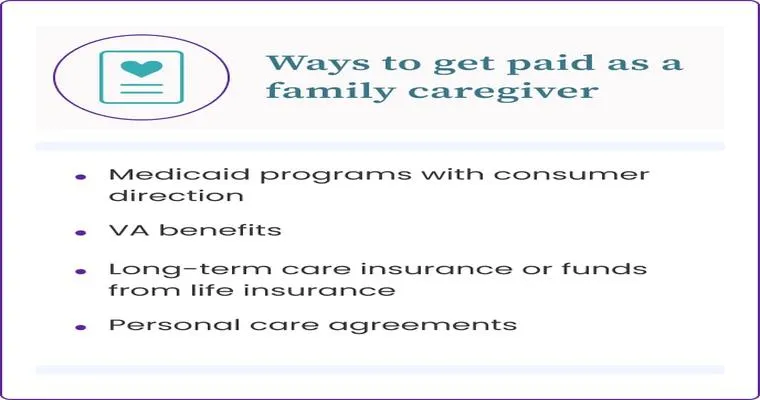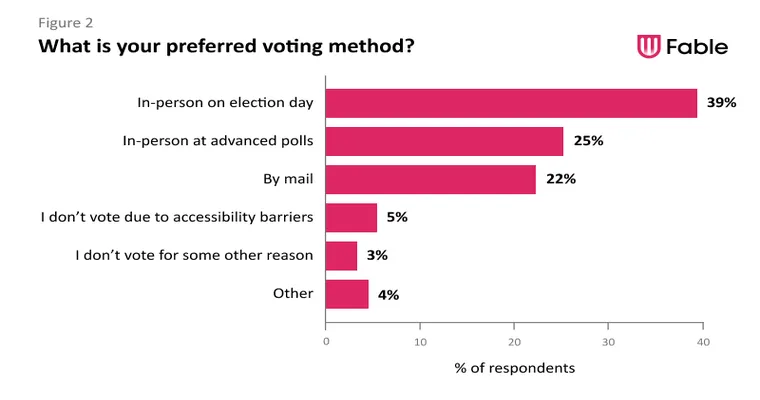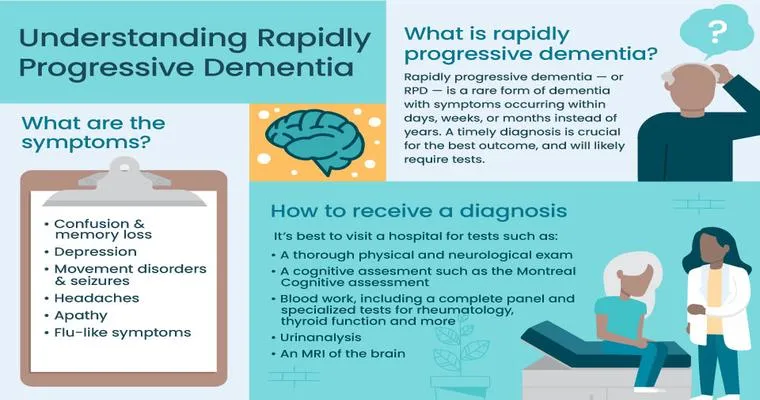Navigating the complexities of "FMLA leave" can be challenging, especially when it comes to providing care for aging parents. The "Family and Medical Leave Act" (FMLA) allows eligible employees to take unpaid leave for certain family and medical reasons. One common question that arises is whether FMLA leave can be used to move a parent into "independent living". In this article, we will explore the eligibility criteria for FMLA leave and how it applies to the situation of relocating a parent into independent living.
FMLA leave is primarily designed to provide employees with time off to care for a family member with a serious health condition. However, the act also covers situations where an employee needs to care for a parent, as long as the condition meets FMLA's criteria. Moving a parent into independent living can often be a significant transition that may require time off work, especially if the move involves coordinating logistics, packing, and supporting the emotional aspects of this change.
To qualify for FMLA leave, you must be an eligible employee, which generally means you have worked for your employer for at least 12 months, have logged at least 1,250 hours of service during the past 12 months, and work at a location where your employer has 50 or more employees within a 75-mile radius. If you meet these criteria, you can request FMLA leave.
In terms of using FMLA leave for moving a parent into independent living, the situation can be a bit nuanced. If your parent has a serious health condition that necessitates the move—such as a debilitating illness or cognitive decline—then you may be able to use FMLA leave to assist with the transition. Documentation from a healthcare provider may be necessary to substantiate the need for leave due to your parent's condition.
On the other hand, if the move is simply a lifestyle choice without any associated health conditions, it may not qualify for FMLA leave. In such cases, it is advisable to consult with your HR department to understand your options. They can provide guidance on other types of leave that may be available, such as personal leave or vacation time.
In summary, whether you can use FMLA leave to move a parent into independent living depends on the circumstances surrounding the move. If it is related to a serious health condition, you may be eligible for FMLA leave. Always ensure you have the necessary documentation and communicate with your employer to safeguard your rights under the law. Understanding your options can help you better manage this important transition for your parent while taking care of your own work responsibilities.





